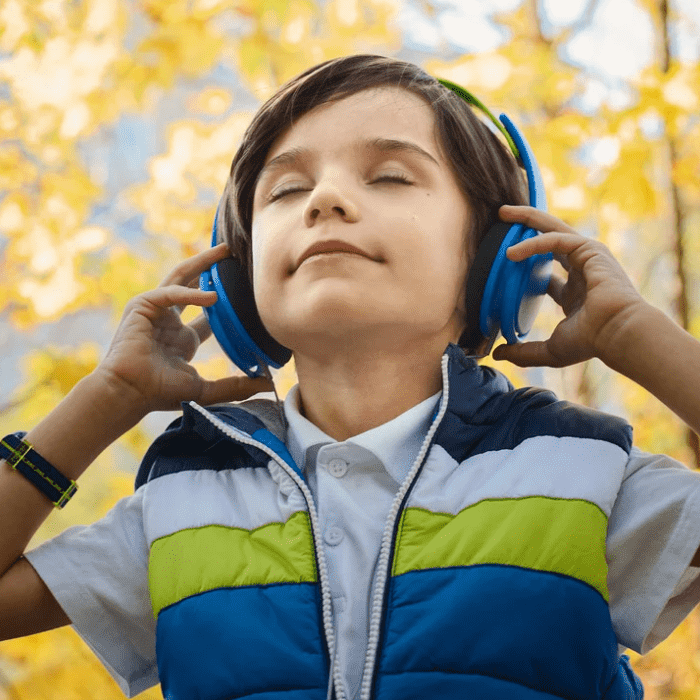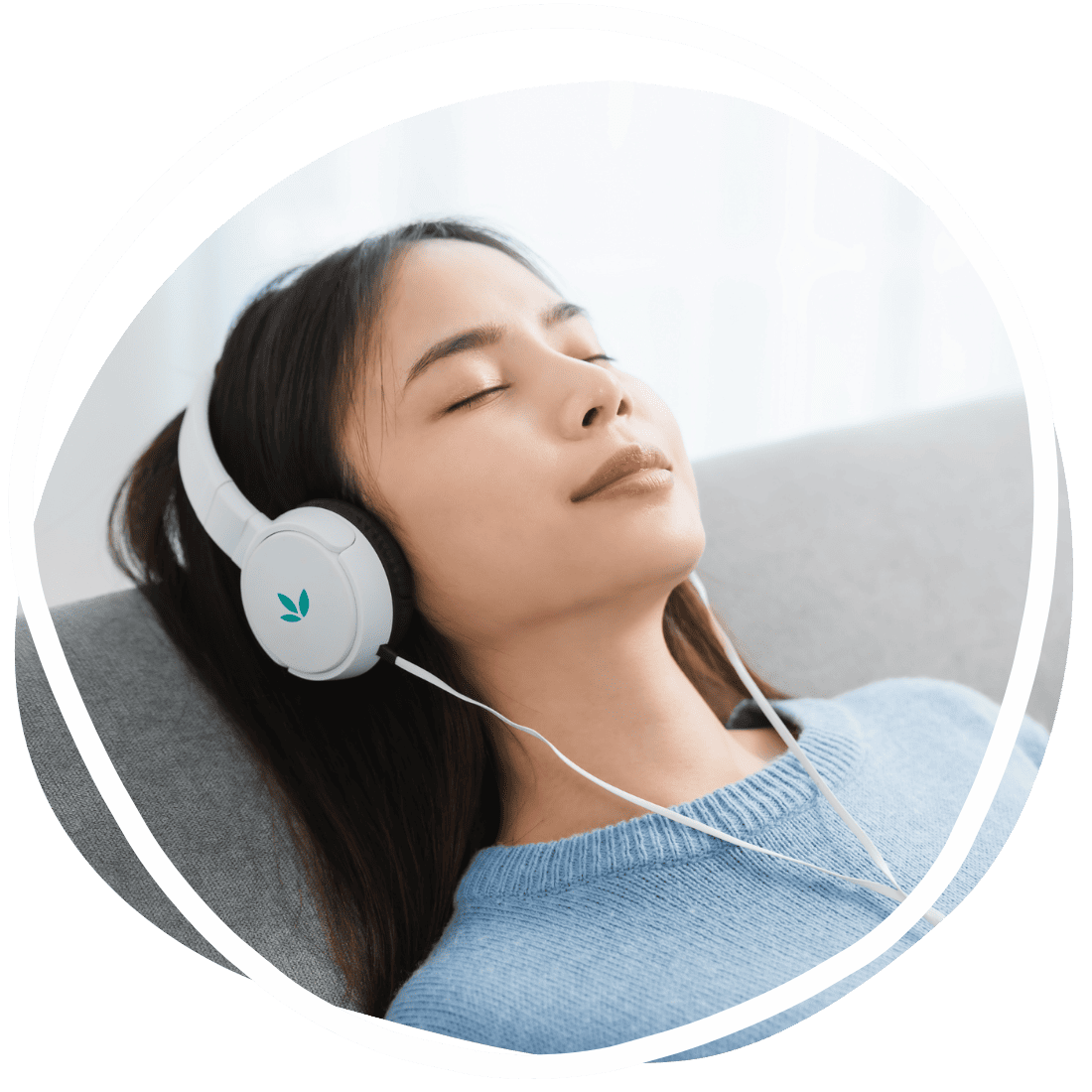Listening Therapy Programs for Behavior Regulation and Resilience
Have you ever found yourself flooded with emotions which led to an outburst when an unpredicted situation arose?
Behavior regulation refers to the ability to manage and control one’s own behavior, positive and negative emotions, and responses in various situations. Both children and adults can experience challenges with behavior regulation. It is an essential skill that helps individuals navigate social interactions, cope with stress, and maintain self-discipline. The flexibility to adapt quickly to changing situations is called resilience.

Children and Behavior Issues
Behavior regulation issues may manifest as tantrums, impulsivity, difficulty following instructions, or emotional outbursts. These behaviors can be a result of their still-developing self-control skills and limited understanding of appropriate social norms.
Young children don’t misbehave in the classroom because they choose to misbehave. Misbehavior is a result of internal frustration from the inability to regulate their state and stop the impulsive behavior. Transitions are challenging, and change is met with resistance. It’s difficult to recover when things don’t go their way.
Adults and Behavior Issues
In adults, behavior regulation challenges may manifest differently. It can be seen as difficulty managing anger or frustration, impulsive decision-making, or struggles with self-control in various aspects of life such as eating habits or spending money.
The inability to inhibit responses can result in disruptive, broken relationships at home and at work. Reactions to the smallest inconvenience can be overblown and misunderstood.
How you feel at any given time – your physiological state – is central to your emotional regulation, behavior, and resilience.
Improving Behavior Regulation Skills
Improving behavior regulation involves developing self-regulation skills. This includes fostering self-awareness of emotions and triggers, learning to identify and appropriately express feelings, and developing strategies for managing impulses and regulating behavior.
One key aspect of self-regulation is fostering self-awareness of emotions and triggers. This means becoming more attuned to our own emotional states and understanding what situations or events may trigger certain reactions. By being aware of our emotions and triggers, we can better anticipate how we might respond in different situations.
Another important skill in improving behavior regulation is learning to identify and appropriately express feelings. Sometimes, we may struggle to accurately label or communicate our feelings, which can lead to ineffective expression or suppression of emotions. Developing this skill involves recognizing the nuances of different emotions and finding appropriate ways to express them constructively.
Developing strategies for managing impulses is crucial for effective behavior regulation. Impulses are automatic responses that often arise without much conscious thought. By learning strategies such as pausing before reacting, using relaxation techniques, or engaging in problem-solving approaches, individuals can better manage impulsive tendencies.
Practicing self-discipline is the key to maintaining control over one’s actions. This involves resisting immediate gratification or succumbing to external pressures that may derail progress towards long-term goals. Self-discipline can be strengthened through techniques such as mindfulness meditation, cognitive restructuring (changing negative thought patterns), and reward systems that provide incentives for sticking to desired behaviors.
Listening Therapy for Behavior Regulation
One approach that has shown promise in improving behavior regulation is listening therapy. Listening therapy involves using specially designed music to stimulate the auditory system and promote nervous system regulation. By enhancing neural connections related to emotional processing and self-regulation areas of the brain, listening therapy can support individuals in developing better behavior regulation skills.
Overall, understanding and being aware of behavior regulation is crucial for both children and adults. By actively working on developing emotional regulation skills and utilizing therapeutic interventions like listening therapy when needed, individuals can improve their ability to regulate their behaviors effectively.
Unyte Health: Listening Therapy to Support Behavior Regulation and Resilience
Safe and Sound Protocol (SSP)
For children and adults. Guide your clients to consistently feel more connected, in control and regulated.
Pioneered by Dr. Stephen Porges, and based on the Polyvagal Theory, the Safe and Sound Protocol (SSP) is an evidence-based listening therapy that helps shift the nervous system to be more present and regulated while improving client capacity for connection and receptivity to other therapies.
A non-invasive vagal nerve stimulator, the SSP uses the auditory system as a portal to the autonomic nervous system, which regulates our state and access to impulse control. The specially modulated music of the SSP stimulates the vagus nerve and balances physiological state.
Focus System
For children and adults. Improve brain and body organization, and emotional regulation. Used in a broad variety of practices such as Occupational Therapy, Speech Therapy, Physical Therapy, Autism and ADHD Specialities, and more.
A clinical intervention used to improve brain function through brain and body integration via multisensory input. It combines auditory, balance, and movement to create a foundation for learning, attention, processing and behavior.
The Focus System improves sensory processing through the therapeutic treatment of the music, bone conduction delivery and movement activities. This activates the part of the brain where dopamine is produced. In turn, dopamine stimulates the attention centers of the brain, bringing them online for focused attention and behavior regulation.






 © 2025 Unyte Health US Inc.
© 2025 Unyte Health US Inc.